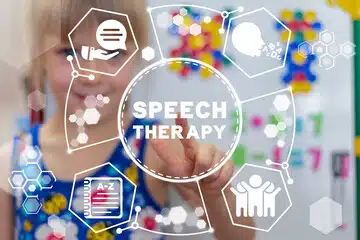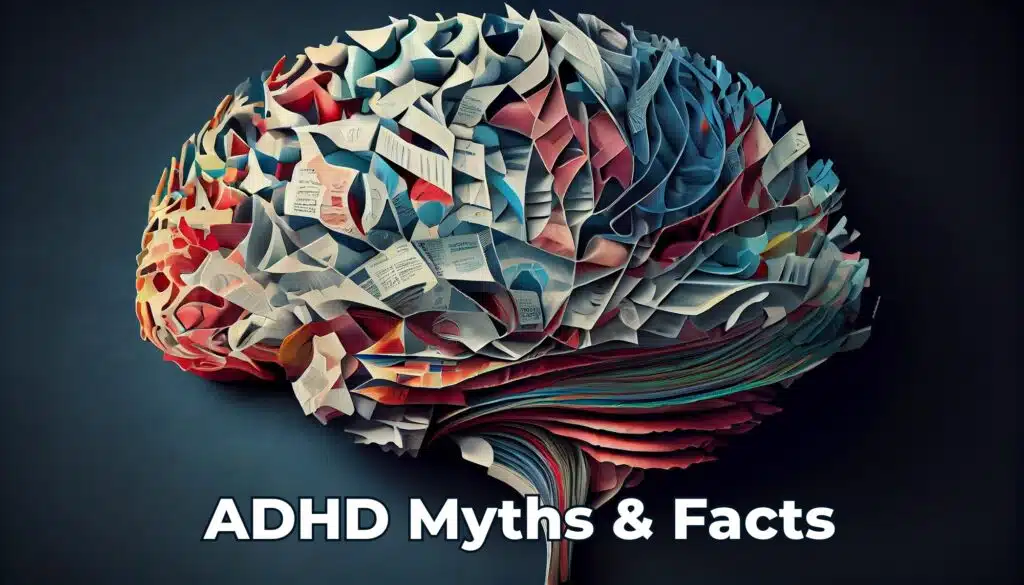World Autism Awareness Day is observed annually on April 2nd to raise awareness and acceptance of people with Autism Spectrum Disorder (ASD). Celebrating this day helps people understand the trials and tribulations that children and adults with ASD can face every day.
What is Autism Spectrum Disorder?
Autism spectrum disorder (ASD) is a serious developmental disorder that can result in significant behavioral, communication and social problems. People with ASD may not look different but they may behave, interact, communicate and learn in ways that are unlike most other people.
People with Autism may have thinking, problem-solving and learning capabilities ranging from extremely limited to exceptional. While some people with ASD don’t need much help in their daily lives, others need a lot of help.
An ASD diagnosis now includes many disorders that were previously diagnosed separately but are now known as Autism Spectrum Disorder: Autistic Disorder, Asperger Syndrome and Pervasive developmental disorder not otherwise specified (PDD-NOS).
Symptoms of ASD
- Avoiding eye contact and wanting to be alone
- Not showing interest in other people or finding it hard to relate to them
- Being very interested in people but not knowing how to relate to them
- Finding it hard to adapt when a routine is changed
- Finding it hard to express needs using typical motions or words
- Finding it hard to understand other’s feelings or discussing their own feelings
- Having unusual reactions to the way things sound, feel, look, taste or smell
- Losing skills they had in the past
- Not looking at objects when someone else points at them
- Not playing pretend games
- Not pointing at things to display interest
- Not wanting to be held or cuddled, or may cuddle only when they want to
- Repeating actions
- Repeating words or phrases said to them
- Seeming to be unaware when people talk to them but respond to other sounds
How is Autism diagnosed?
It isn’t easy to diagnose Autism because there is no medical test to diagnose it. Health professionals study a child’s development and behavior to make a diagnosis.
At times, Autism can be detected at the age of 18 months or younger. By the age of two, a diagnosis by an experienced health professional can be seen as very reliable. However, several children do not receive a final diagnosis until they are much older, so they may not get the early help they need.
Treatment for Autism
At present there is no cure for Autism, but research shows that early intervention and treatment can improve a child’s development. Early intervention services help children from birth to 3 years of age to learn crucial skills. Services may include therapy that helps the child walk, talk and interact with others.
It’s important to consult your child’s doctor as soon as possible if you think your child has Autism or any other developmental problem. Treatment for specific symptoms, like speech therapy for language delays, often does not need to wait for a formal Autism diagnosis.
Causes of Autism
While all of the causes of ASD are not fully known, several factors may increase the chances of a child being on the Spectrum including genetic, biological and environmental factors.
Most experts agree that genetics are a risk factor that can increase the chances of a person developing Autism e.g:
often siblings will be diagnoses with ASD.
people with genetic or chromosomal conditions, like fragile X syndrome or tuberous sclerosis
Children who are born to older parents are more likely to be on the spectrum.
The prescription drugs valproic acid and thalidomide, when taken during pregnancy, have been linked to a higher risk of developing ASD.
What should you do if you think your child has ASD?
If you think your child may display some characteristics of ASD, or if you feel there may be a problem with the way your child is achieving their developmental goals, please share your concerns with their GP or contact us here at Educare Specialist Services for consultation and evaluation.
Reference guide:
https://www.regerlaw.com/the-importance-of-world-autism-awareness-day.html



